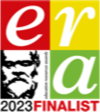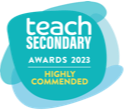How will these resources help you?
The concept of a ‘self’ is critical for many strands of Religious Studies, including moral responsibility, the afterlife and judgement, determinism and free will. The resources suggested here explore this complex and long-disputed concept in simple and accessible formats. As the self can be studied as a philosophical, psychological and theological construct, I have included resources from various disciplines – each encourages students to grapple with both the nature of ‘selfhood’ and how such an abstract concept is vital in real-world situations.
Exploring various concepts of ‘selfhood’
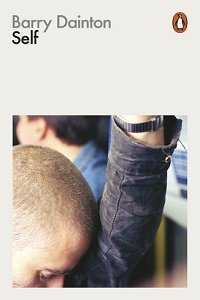
Self: What am I?
by Barry Dainton, published by Penguin Books, (2016), 9781846146206
This accessible and engaging book takes the reader through discussions of Descartes’ dualism, the ‘Brain in a Vat’ experiment and Locke’s association with the self as reliant upon mental capacities. Dainton entertains each notion before winding towards his view of self as a ‘chain of overlapping psychological connections’ that ultimately form an identity chain. Throughout, Dainton frequently references sci-fi (e.g., teleportation devices that would break our material body down and duplicate it elsewhere). Teachers could use extracts with their students during lessons on moral responsibility (for example, in cases of amnesia). The book has many links to GCSE and A-level and would also provide excellent stimuli for a Philosophy Club.
A self beyond our body
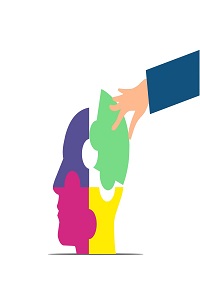
The extended mind
by Andy Clark and David Chalmers, published by Analysis 58, (1998)
This article is helpful for furthering a discussion of ‘self’ as something intertwined with our mind/ consciousness. An interesting extract to show to students is that of Otto and Inga (pages 12–16). Both are trying to make their way to an art gallery. Inga directs herself by memory, whereas Otto – who has Alzheimer’s – has a trusty notebook in which he writes down all useful pieces of information his brain will not store for long. He directs himself to the gallery using this notebook, so in this sense, the environment (the notebook) has become part of his cognition and, arguably, a part of his ’selfhood’.
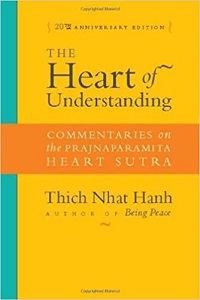
The Heart of Understanding: Commentaries on the Prajnaparamita Heart Sutra
by Thich Nhat Hanh, published by Parallax Press, (2010), 9781888375923
Students can often struggle when studying anatta in Buddhism (the concept of there being no permanent self) and can see it as a troublesome or ‘empty’ existence. This simple yet insightful commentary on the Heart Sutra brings the tricky concept of ‘no self’ to life and contains excellent extracts, such as this one, which can easily be used in the classroom with students from KS3 to KS5: ‘When Avalokita says that our sheet of paper is empty, he means it is empty of a separate, independent existence. It cannot just be by itself. It has to inter-be with the sunshine, the cloud, the forest, the logger, the mind, and everything else. It is empty of a separate self. But, empty of a separate self means full of everything.’
Materialism vs Dualism
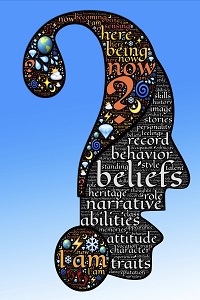
Thought experiment: THESEUS
by Filosofix, published by SRF Kultur Sternstunden, (2016)
This is a useful hook to get students to consider their own perspective on what ‘identity’ consists of through an engaging animation of Theseus’ ship. A continuation of the thought experiment is made through the example of humans – all cells being replaced by new ones over seven years.
Audiovisual clip
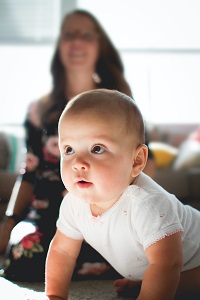
Teaching Today - Childrens sense of self
published by BBC Two, (1996)
An experiment conducted to show a lack of sense of self during infancy and how it develops during toddler years.
Further Materials
The self is a semiotic process by John Pickering, published by Journal of Consciousness Studies, (1999)
Read this article
What Does It Mean To Be Human?: The Idols of God by Zachariah Zienka, published by BibleProject, (2019)
Read this article
The Dangerous Art of Depersonalization by Alex Tzelnic, published by Tricycle, (2021)
Read this article
Selfhood and Ethics: Who Am I and Why Does It Matter? by Keenan Davis, published by The Neuroethics Blog, (2015)
Read this article
Lucy Kentish is Head of Religious Studies and a South Coast Adviser for a MAT. She is part of a national leadership scheme for RE, has developed curriculums and resources for various schools and also works as an examiner for Eduqas.
Text © Lucy Kentish, 2023.
Text © Lucy Kentish, 2023.

